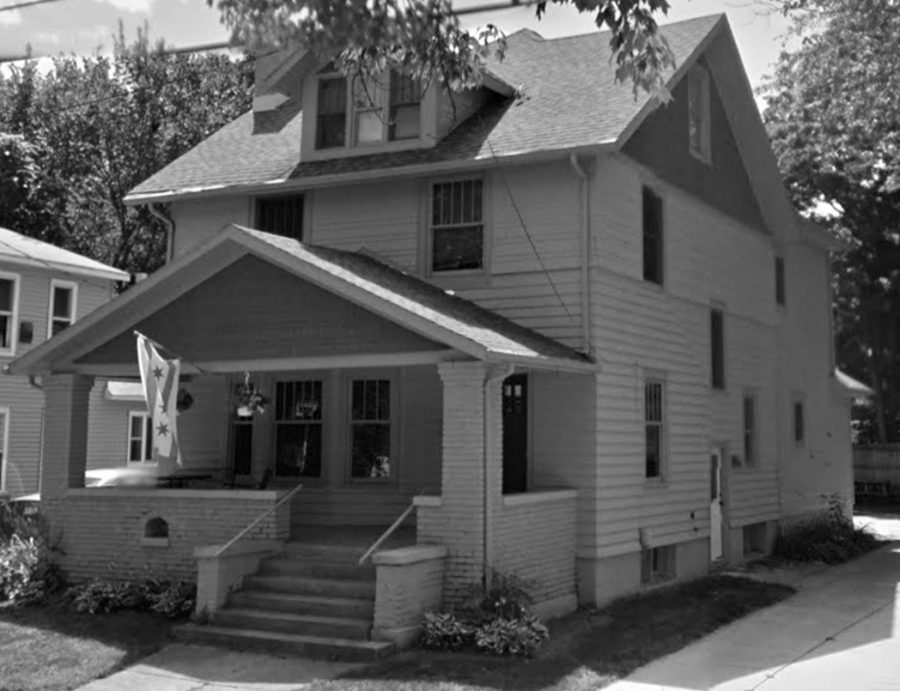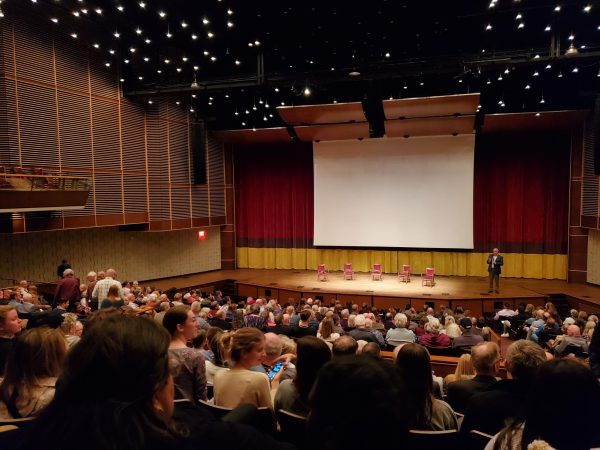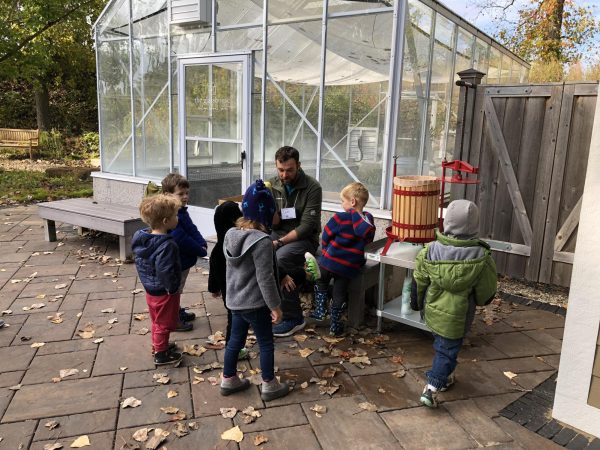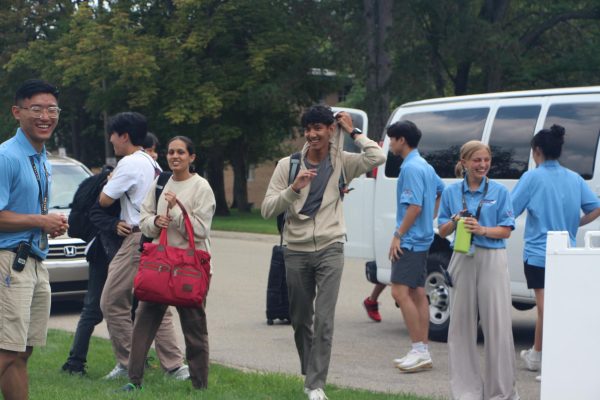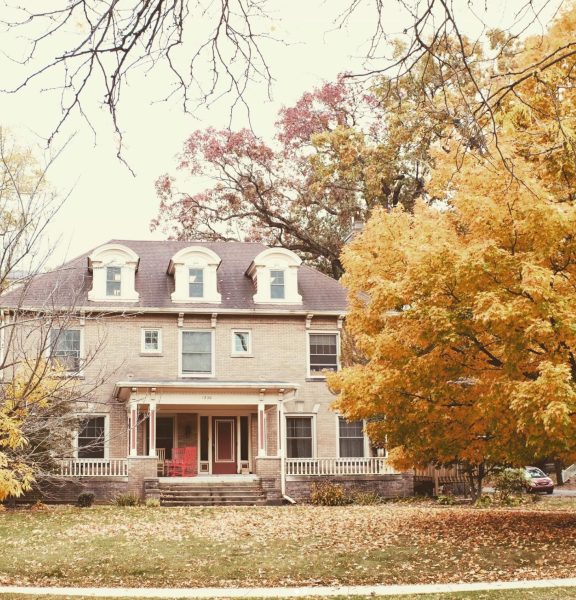Leaving a legacy: how donors support Calvin with what they leave behind
Calvin holds a dear place in many alumni’s hearts, and they want their wills to reflect that. Posthumous giving is a common method for donors to use their real estate, savings and valuable possessions to benefit the university and its mission. Such gifts require careful planning and can be difficult decisions for donors to think about making. Calvin’s Gift Planning Office works to ensure that donors’ wishes are accurately set out and fulfilled both before and after their passing. Over the past three fiscal years, the Gift Planning Office has taken in approximately $5 million in posthumous donations.
There are many ways to posthumously give to Calvin, but the most common are cash sums through living trusts and wills. A will sets out the wishes of the deceased for the distribution of their assets and becomes public record upon distribution.
Living trusts combine an individual’s assets into one trust and designates them as the trustee. This trust is used by the grantor until they pass away, upon which time the new trustee they have designated becomes responsible for overseeing the distribution of the trust as directed by the grantor. These trusts are more complex documents than wills, but they avoid probate — the court process for the distribution of items in a will — and will not become public record.
Other means by which donors leave legacy gifts are naming Calvin as the beneficiary of their life insurance policies, gifting the remainder of retirement and investment accounts, annuities and outright gifts. Donors’ wills most commonly leave cash sums, but can include a wide range of other possessions so long as they are judged to follow the university’s policies for gift acceptance.
Donors have left in their wills real estate, artworks, books and writings, and other collectible items. Noncash items gifted to the university are assessed to determine usefulness and value to the mission of the university and then kept or sold for cash, based on the assessment. Real estate assessments are made to limit liability issues for the university and can include personal inspections, studies of environmental impact, surveys and working with the titling of properties. The university may also retain real estate for development purposes or collectible items for university collections and galleries.
Randy Vogelzang, director of gift planning and major gifts, said that not all gifts fit Calvin’s fundraising goals, and as such the university is judicious in their acceptance of noncash gifts. Unique gifts are often easier to receive and evaluate while the donor is still alive. Some of the most unique gifts Calvin has received include a horse for the equestrian club, a wood chipper and a tractor for the grounds department, and musical instruments.
Tax breaks are a major source of motivation for donors to give posthumously as opposed to other methods of giving. Because Calvin is a non-profit organization, many forms of donating are not taxed. Depending on how donors wish to structure their gifting plans, these tax breaks can take effect both before and after their death. For example, donors can gift their homes to Calvin while continuing to live in them. Because this gift cannot be taken back, donors then qualify for a charitable deduction on federal income taxes.
There are a variety of ways in which real estate can be gifted, and those within the Office of Gift Planning work to find a means that will satisfy the donor’s wishes, whether that be for a steady source of income, relief from responsibility or just a way to support Calvin with their property.
Tax breaks are also achieved through real estate gifts that are exempt from capital gains tax and by exemptions from estate tax following a donor’s passing.The process is also not only about tax breaks and deductions. Vogelzang explained that the experience is deeply personal and stems from donors considering and planning for their death.
“Of course, we all know that our life here on earth will not last forever, but it is an entirely different experience for a person to literally put plans on paper that reflect their own mortality,” Vogelzang stated. “It is a high honor and a blessing to engage in those meaningful reflections with our donors as they are crafting gifts with their legacies in mind.”
Donors work with the Gift Planning Office to lay out how they want their funds allocated to the university. Because of the changing nature of the institution, it is helpful to have gift plans that allow cash donations to be used for the current needs of the university. These funds allow more flexibility to fund relevant projects.
Often, however, donors wish to support specific departments or offices that were influential in their own lives and their experience at Calvin. Vogelzang says his work often begins by listening to stories about transformational people and experiences in donors’ lives and working to ensure their passion and gratefulness is expressed by their gifts.
Memorial scholarships and estate gift scholarships represent additional ways in which money can be given to Calvin to leave a legacy. Typically, memorial scholarships are organized by the deceased’s loved ones and funded by an endowment from the deceased’s estate or loved ones. When donors want to plan a scholarship prior to their passing, the Gift Planning Office works to set up endowments, identify the type of student the donor wishes to support, and ensure that the scholarship follows the donor’s intentions after they pass. Vogelzang stated that about 10% of the new scholarships created each year are supported through designated estate gifts towards scholarships.
Additional information regarding all the ways in which legacies can be made and the tax benefits of different gifts can be found on the Gift Planning Office’s website.




